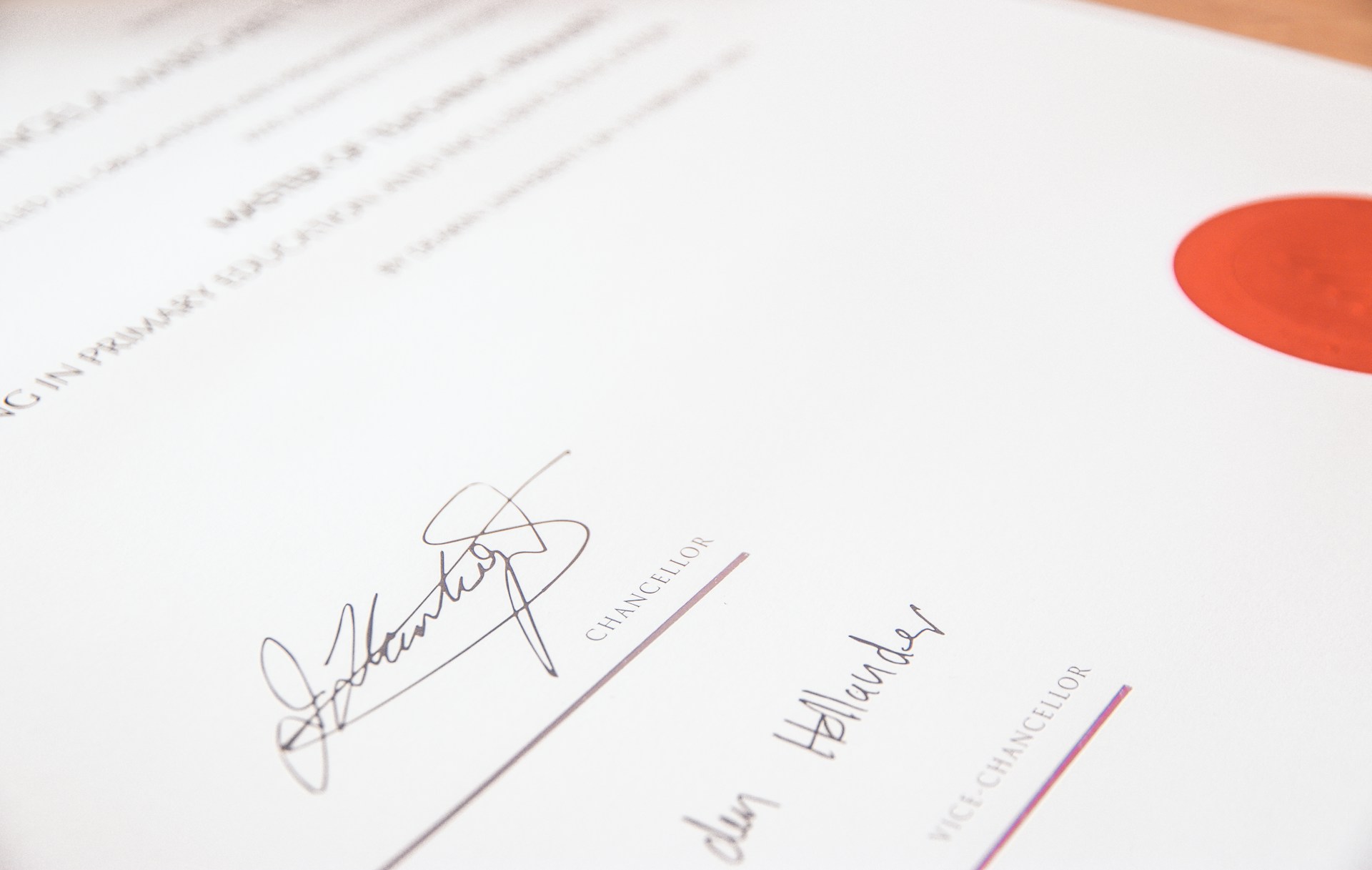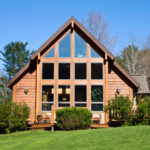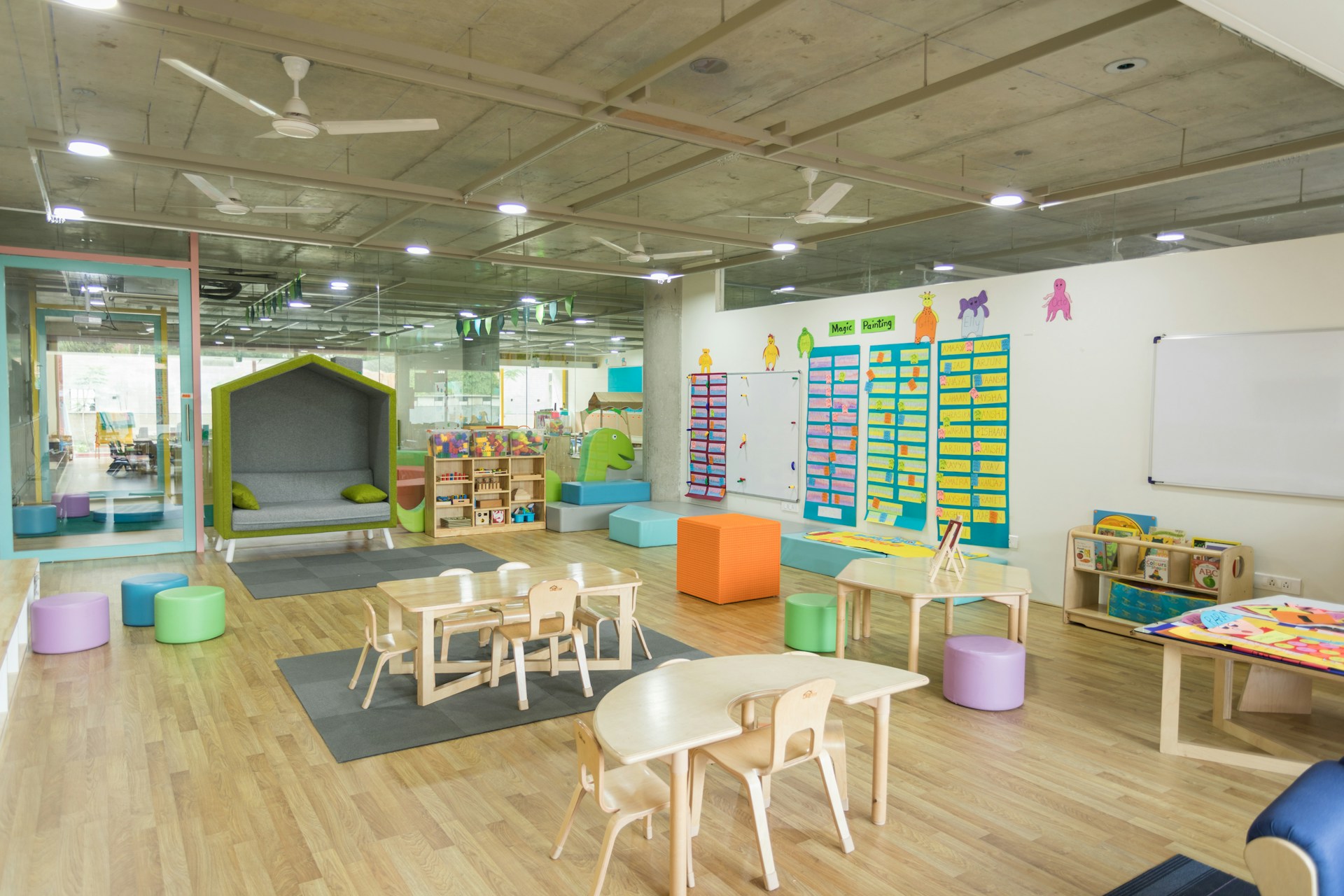In an increasingly green world, creating an eco-friendly and sustainable daycare is more than a noble venture, it is an obligation. Opening one is essential for protecting both planet Earth and future custodians, such as your child. If the idea of merging child care and environmental care appeals to you, look no further. This blog is your first step to cultivating young minds in a nurturing and green learning environment. Prepare to see your vision become a reality where every toy, meal, and learning activity contributes towards creating brighter, greener futures.
Conceptualizing a Green Philosophy
Crafting an eco-friendly mission statement will lay the foundation of your commitment to sustainable child care. Your mission should include an explicit plan that details ways in which it will reduce environmental impact while fostering sustainability in all aspects of operation: from toys and materials used through food offerings to cleaning supplies. Adopting practices that promote recycling, waste minimization, energy efficiency and the utilization of renewable resources are crucial components of sustainable living. An environmental philosophy guides your business decisions and operations while simultaneously conveying to parents and caregivers your commitment to creating a healthier planet for children’s well-being. This philosophy extends into practice by selecting biodegradable diapers, serving organic, locally-sourced food items, and employing non toxic, eco-friendly cleaning supplies. Additionally, teaching the children under your care about the significance of sustainability means making them early eco-warriors with lessons, activities, and everyday practices that emphasize its significance. Sustainable child care goes beyond making eco-friendly decisions. Its core tenet lies in instilling values in children that they will carry forward after they leave your daycare center, creating an entire generation that is more aware of their environmental footprint.
Decision-Making on Eco-Friendly Facilities
In terms of eco-friendly facilities, choosing between building or retrofitting depends on a number of considerations. The top reason among them is potential environmental impact and resource efficiency. Location is of the utmost importance. Choosing an accessible site near public transit, walking, or biking distance for most clients and staff can significantly lower carbon emissions associated with commutes. When building new structures, energy efficiency should be built-in from day one. Use sustainable building materials sourced locally, renewable or recycled so as to reduce environmental impacts associated with construction. Retrofitting gives building owners the chance to improve their existing buildings’ energy performance, making them more sustainable by installing energy-efficient windows, insulation, and HVAC systems, as well as renewable sources such as solar panels. Both approaches should prioritize indoor air quality by using non-toxic and low VOC paints and finishes and ensuring proper ventilation. Maximizing natural lighting not only reduces artificial lighting costs but also contributes to children and staff well-being, creating an inviting, healthy environment in your daycare. Building new or retrofitting an existing space should always aim at creating spaces which not only help the environment but also support health and happiness in its inhabitants.
Sustainability Operations That Go Beyond the Basics
Beyond sustainable building and retrofitting practices, there are additional operational considerations worth noting in order to truly embody eco-friendly daycare practices. Waste reduction strategies take top priority. Creating comprehensive recycling programs and instilling these values in children are both vitally important in aiding the environment as well as imparting lifelong lessons of sustainability to them. Daycares can significantly decrease their waste output by switching to eco-friendly cleaning and maintenance routines that benefit both the planet and daycare occupants. Green cleaning products that do not contain toxic chemicals help improve indoor air quality and decrease environmental pollution. Additionally, maintaining equipment and facilities sustainably extends their lifespan and efficiency while simultaneously lowering an institution’s carbon footprint. Water conservation techniques add another level of operational sustainability. Adopting low-flow faucets and toilets, coupled with staff education on water conservation, can result in significant decreases in water usage. Harvesting rainwater for outdoor activities and plant watering further demonstrate commitment to environmental stewardship. These strategies further highlight daycares’ roles as architects of a sustainable future.
Ensuring Safety Through Preparedness
In terms of creating a secure and nurturing environment, safety measures, specifically CPR & First Aid training, cannot be overemphasized. Daycare centers must ensure that their staff have received adequate training in lifesaving skills to provide rapid and effective responses in any emergency that arises. This training equips educators and caretakers with the knowledge and confidence to handle situations such as choking, falls, or any medical emergencies until professional assistance arrives. Regular drills and well-maintained first aid kits ensure injuries can be addressed swiftly and efficiently, giving parents greater peace of mind knowing their children are in capable hands. This emphasis on safety not only protects their wellbeing, but also instills them with peace, knowing their children are protected.
 Green Curriculum By Engaging the Next Generation
Green Curriculum By Engaging the Next Generation
Daycare centers have taken a lead role in encouraging environmental stewardship by adopting Green Curricula into their daily learning and activities, where sustainability principles are interwoven throughout daily learning activities and lessons. This holistic approach not only teaches children about sustainability, but also shows them how they can contribute to a healthier planet through daily actions. Outdoor learning and nature play become essential tools in developing children’s appreciation of nature while helping them understand its relationship to humans. Through such experiences, children gain a better grasp of both how humans impact the natural world as well as its interdependence with one another. Implementing eco-friendly toys and teaching materials made from sustainable or recycled materials further reinforces this message. Not only are these tools safer for children, but they serve as tangible examples of how everyday items can become environmentally responsible. By instilling sustainability into their daily activities, daycare centers equip children with the knowledge, values, and behaviors necessary for creating sustainable communities and contributing to our planet’s wellbeing. This innovative approach to early childhood education holds great promise for raising environmentally conscious individuals who will play a pivotal role in global sustainability efforts.
Nutrition and Health
Daycare centers that prioritize an environmentally responsible ethos have adopted policies emphasizing nutrition and health through a sustainable lens by offering organic or locally sourced food options for their students. Implementing a “Green Menu” in these settings follows the principle of minimizing environmental impact while fulfilling children’s nutritional needs with premium quality ingredients. Menus that feature healthy organic fruits and vegetables, whole grains and lean proteins directly sourced from local farms and producers are carefully designed. This approach not only ensures freshness but also supports local economies while lowering the carbon footprint associated with long-distance food transportation. Addressing allergies and dietary restrictions are integral components of this sustainable nutrition model. Daycare centers that prioritize holistic wellness by offering flexible menus tailored to the diverse dietary needs of children, including gluten-free, dairy-free, and nut-free options, ensure inclusivity and safety during meal provision. Such thoughtful consideration teaches children the value of nutrition and health as drivers of sustainable development.
Community Involvement and Growth
In order to maximize the effect of sustainability initiatives within daycare settings, engaging families and the surrounding community becomes critical. This approach fosters a shared commitment to environmental stewardship and sustainability education beyond the daycare’s walls. By creating events like “Green Days” that allow families to participate in eco-friendly projects like tree planting, recycling workshops or community cleanup events, daycares can promote an atmosphere of environmental responsibility among their participants. Sustainable practices help foster partnerships between daycares and local eco-friendly businesses. Collaboration could involve procuring eco-conscious supplies, engaging in educational programs about sustainable living or sponsoring events that foster ecological awareness. Partnerships between daycares and environmental organizations not only strengthen the daycare’s green credentials but also boost local economies and strengthen community ties. By placing sustainability at the core of its growth strategy, daycares can inspire not only current children but also their families, creating widespread and long-lasting changes that resonate within their community. This holistic approach ensures that environmental care, health, and inclusion principles are implemented into every aspect of daycare operation, creating a solid basis for an inclusive future where sustainability becomes not just an idea but a way of life.
Regulations and Certifications
Navigating the complex world of environmental regulations and securing eco-certifications may seem overwhelming for daycares looking to green their operations. Certifications serve as an indicator of sustainability efforts by institutions committed to sustainable practices. Acquiring such credentials requires adhering to specific standards related to resource conservation, waste reduction and the promotion of a healthy indoor environment. Daycare facilities should implement energy-efficient lighting, use non-toxic cleaning supplies and seek sustainably produced toys and materials in their efforts to increase sustainability. Acquiring certification such as Eco-Healthy Child Care endorsement or LEED certification not only strengthens a daycare’s environmental efforts but also increases its appeal to eco-conscious parents. Achieving compliance typically involves conducting an in-depth audit, then making targeted improvements and applying to a certification body for formal approval. Although the journey to certification may require time and investment, the benefits (ranging from lower operational costs to enhanced child health and wellbeing and strengthened community standing) are significant. Furthermore, an eco-certification can set your daycare apart in an increasingly competitive market by appealing to parents who prioritize instilling environmental values into their children at an early age.
 Conclusion
Conclusion
Launching an eco-friendly and sustainable daycare is about more than simply cutting waste or conserving energy. It’s about instilling environmental awareness in children, one recycled crayon at a time. By creating an environment in which children learn to love and appreciate Mother Earth. While the journey towards opening your green daycare may present many obstacles, every small step you take can make a big impactful statement about sustainability to those watching us live on this Earth. With dedication, planning, and an unwavering commitment to green living guiding its development, your daycare can become an oasis of hope.












